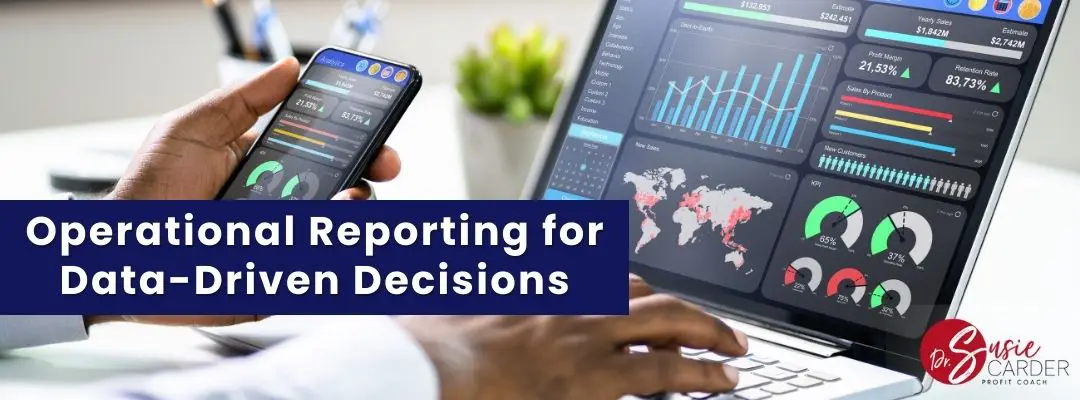Let’s talk about why smart people underperform.
A lot of us entrepreneurs are stressed out. We multitask- we’re managing all, doing it all.
But what we don’t realize is that there’s a very real but unrecognized neurological phenomenon called the Attention Deficit Trait.
I got it.
It is caused by brain overload. ADT is now an epidemic in all organizations and I personally struggled with it for years. I’ve also gotten help and support to help me manage this condition.
I think it’s what makes us brilliant. I think it’s the biggest breakthrough. I have realized that I’m am not in my condition. I manage my condition.
Think about it, most of us go right into denial that anything is wrong or not working but the reality is something’s off. My question is, are you courageous enough to look at the science behind it?
Because that’s scary but also incredibly powerful.
The core systems of ADT are distractibility, inner frenzy, impatience… are we just describing entrepreneurs?

We have difficulty staying organized, setting priorities, managing our time. If you were a kid where the teacher told you to be quiet, you were the silly one, the class performer, then those are all signs. We got in trouble just for being who we were.
In other words, these systems sabotage the work that otherwise helps us succeed as entrepreneurs. That has been a big issue for me.
There was an article published by Harvard Business Review and said Why Smart People Underperform in January 2005 by Edward Holwell and explains the Attention Deficit Trait.
It’s how you can take control of it. Our culture all but requires us to develop an attention deficit. In the history of humans, our brain has been asked to track so many things, especially now in the Google download world.
Everywhere, we rely on our cell phones, our emails our projects, and race to get more done more plans ideas faster, quicker. As the human brain struggles to keep up, it goes into a world of attention deficit.
I know we have to manage it. What I’ve learned is I have to learn to say, “NO.” I know, what a concept!
Studies have shown that when the human brain is asked to process dizzy amounts of data, its ability to solve problems, flexibility, and creativity decline, and it increases the number of mistakes.
So what do we do? What’s the strategy? What’s the system? You know I’m the Systems Guru.
Smart people rest
We got to sleep. We got to rest. It allows our oxytocin to kick in. It allows us to have empathy and positive emotions and happy feelings, so we’re less stressed. It’s like a game-changer.
When you’re stressed, you produce cortisol- that’s the stress hormone. Sleep is critical for keeping ADT away. That sounds like a no-brainer but I know for my own self that I abused my brain and I neglected rest.
Smart people exercise
I know we’re busy too. But if I tap into the benefits, it’s powerful, and you’re going to find something that you love. Even if you just start walking to get some fresh air. There’s no excuse for training.
We’re not trying to do the Olympics, we’re just trying to get healthy, we’re just trying to get our mind clear. The relationship between the higher and lower regions takes a unanimous turn.

Eat Well
Your diet plays a crucial role in your brain health.
Many hard-working people habitually eat carbohydrates which causes blood glucose levels to go up and down, which leads to the vicious cycle of rapid fluctuation of insulin levels.
That has our bodies craving carbohydrates, cocktails, snacks. The brain relies on glucose for energy. So it’s important that you schedule time for your meal and choose what you take in.
Do it, Delegate it, or Dump it
The next thing I want to talk about is scheduling your six top priorities. The six things that you have to do today, like no kidding.
Checking emails is a wonderful way to procrastinate and oh, social media. You just set yourself up for your attention deficit. You might consider holding specific email hours. That’s what I do.
I only check it three times a day because I can get lost in there.
Before you leave the day and end your day, make a list of your six highest income-producing activities that will require all your attention the next day. A concise list helps you prioritize the big task to get completed. My motto is, if you touch it, do it, delegate it or dump it.
If you feel anxious about beginning the project, go take a walk outside and breathe the air. Do cleansing breathing to reset your mind to get back to work.

Attention Deficit is real and it’s a real threat to everything that you do. If we don’t manage it, it will manage us and sabotage us. The first step is to notice then be responsible for your well-being. Get support, take action, take care of your well-being first.
What’s the first action that you’re going to do to start managing this? Maybe your first action is just to be okay with it, that you do have an Attention Deficit Trait. There’s no shame in your game. It’s what also gives us our superpower.
You’re in your business for yourself, not by yourself. I’m your Profit Coach Susie Carder.
Let’s grow together, and let’s put a winning formula together for you to hit all your goals, your objections and build that dream business.






